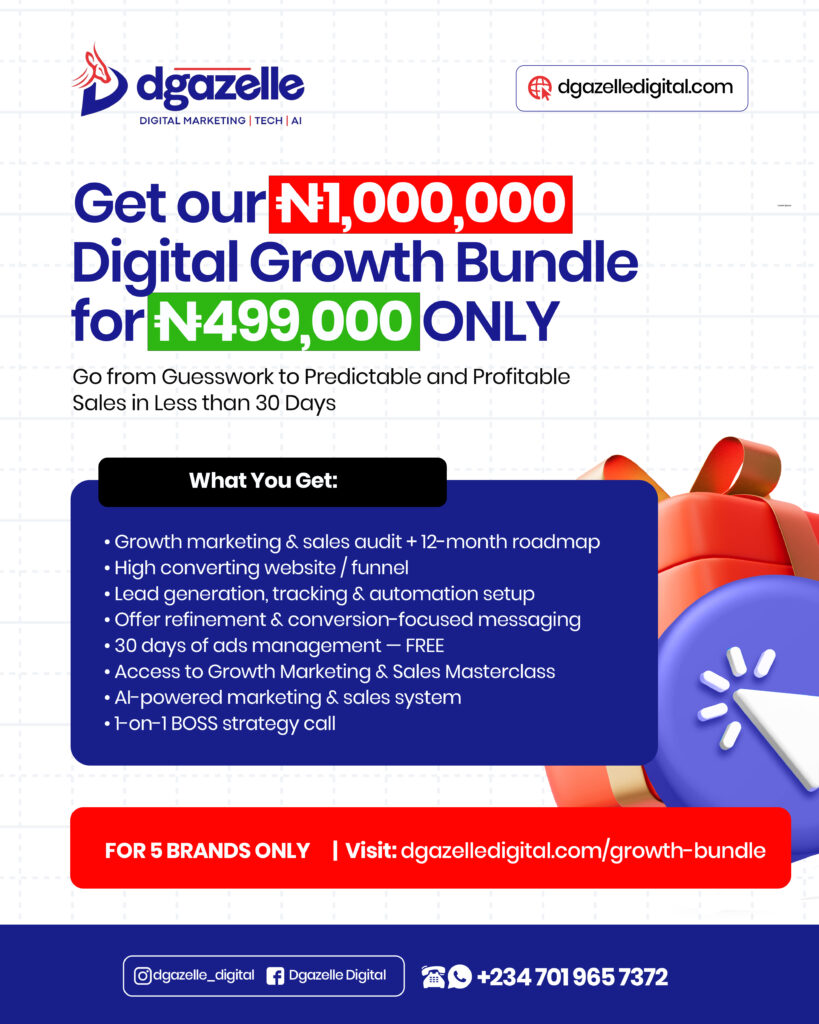If you’re an entrepreneur running multiple ventures, you’ve probably asked yourself this crucial question:
“Should I run two businesses on the same website?”
At first glance, it sounds efficient, cost-saving, streamlined, and simple. But dig a little deeper, and you’ll find that this decision can dramatically affect your brand clarity, customer experience, and even your SEO ranking on Google.
In this post, we’ll break it all down. You’ll discover:
- When it makes sense to combine businesses under one digital roof
- When to absolutely keep them separate
- How to structure a multi-business website without hurting your SEO
- Real-world strategies to make it all work
Let’s dive in.
Why This Matters More Than Ever
In today’s digital age, entrepreneurs wear many hats. A freelance designer might also sell online courses. A real estate agent could run a cleaning service on the side. Thanks to digital tools, managing multiple income streams is easier than ever, but managing your online presence is a whole different game.
Here’s the problem: Google, your customers, and your prospects crave clarity. Confuse them, and you lose them.
That’s why this decision isn’t just about convenience. It’s about how your brand shows up and performs online.
When Running Two Businesses on One Website Makes Sense
Let’s start with the good news. In some scenarios, combining two businesses into a single website is not just smart, it’s strategic.
- The Businesses Are Closely Related
Are you offering services that naturally complement each other? For example:
- Graphic design and web development
- Photography and printing services
- Online coaching and digital product sales
If your offerings solve similar problems for the same kind of people, one website can provide a unified customer experience.
Pro Tip: Leverage cross-selling. A visitor interested in your coaching service might also buy your course if both are visible in one place.
- You’re Serving the Same Target Audience
Your marketing becomes more effective when your customer base overlaps. Let’s say you run a fitness coaching business and also sell health supplements. Both appeal to the same type of customer: fitness-focused individuals.
Having everything under one digital roof simplifies the user journey and boosts conversions.
- You Want to Save Time and Money
Maintaining one site is cheaper and easier than two. You only have:
- One hosting bill
- One website to update
- One SEO and content strategy to manage
If you’re a solopreneur or just starting out, this can be a game-changer.
- SEO Can Work in Your Favor
When the businesses are related, combining them helps you rank for more keywords without splitting your domain authority. Each new service or blog post reinforces the other, boosting your site’s overall relevance and authority.
🚫 When You Should Definitely Keep Businesses Separate
Despite the benefits, there are cases where mixing two businesses on one website is a branding disaster waiting to happen.
- Different Audiences, Different Worlds
If your two businesses serve completely unrelated groups, say, a bridal planning service and a tech consultancy, combining them can confuse (and repel) your visitors.
People want clarity. When a potential client lands on your homepage, they should instantly know:
- Who you serve
- What you offer
- Why they should care
- Brand Identity Will Suffer
Every brand has its own voice, look, and vibe. One might be playful and artistic, the other technical and corporate. Merging them creates a muddled identity, which undermines credibility.
- SEO Will Be Complicated
Search engines like websites that are clear and consistent. Mixing unrelated topics can make it harder for Google to understand what your site is about, hurting your chances of ranking well.
- User Experience Takes a Hit
Imagine visiting a site for career coaching but seeing ads for dog grooming services. Visitors bounce. Confusion kills conversions.
If you want to scale both businesses, serve distinct audiences, and build brand authority in different industries, separate websites are the way to go.
How to Structure One Website for Two Businesses (Without Hurting SEO or UX)
If your businesses are related or complementary and you decide to keep them on the same site, here’s how to do it right:
- Design Clear Navigation
Use your menu bar to separate the businesses. For example:
“Services” → “Coaching” and “Courses”
“Products” → “Photography Gear” and “Editing Software”
Make it easy for users to find what they’re looking for in two clicks or less.
- Use Subdirectories or Subdomains
Structure your content like this:
- yoursite.com/design
- yoursite.com/marketing
Or use subdomains like
- design.yoursite.com
- store.yoursite.com
This helps with both user navigation and SEO clarity.
- Craft a Unified Brand Story
Explain how the two businesses connect under your broader mission. This adds depth to your brand and reassures users that there’s a method to the madness.
For example: “At Dgazelle Digital, we help entrepreneurs grow, from brand design to automated tech solutions.”
- Targeted Content for Each Business
Don’t lump everything together. Instead:
- Create unique blog categories
- Use distinct keyword strategies
- Write separate meta descriptions and titles
This way, Google understands that you’re targeting multiple but related niches.
- Segment Your Email Marketing
Not everyone wants all your offers. Use email segmentation to send the right message to the right people.
Example: A course buyer gets updates about online training, while a consulting client gets case studies and strategy tips.
SEO Tips for Multi-Business Websites
If you’re managing two businesses under one roof, SEO becomes twice as important. Here’s how to stay on Google’s good side:
- Use Structured Data (Schema): Let search engines know what each section of your website represents.
- Keyword Clarity: Never mix keyword strategies. Keep them distinct for each service or product line.
- Internal Linking: Strategically link related content to keep users engaged and help search engines crawl your site better.
- Separate Blog Categories: This helps Google categorise your content more accurately.
- Google Business Profile: Create separate profiles for each business (if possible) and link to the appropriate page on your site.
Final Thoughts: Clarity Wins Every Time
So, should you host two businesses on the same website?
It depends.
If your businesses are complementary and share a target audience, a single site designed strategically can save money, build brand cohesion, and even boost your SEO.
But if the businesses are unrelated, or you want to position each one as a distinct authority, separate websites will serve you better in the long run.
The bottom line: clarity wins. Confused customers don’t buy. Confused search engines don’t rank. Whether you go with one site or two, make sure each business is clearly represented, easy to navigate, and speaks directly to its audience.
Need Expert Help Structuring Your Website?
At Dgazelle Digital Agency, we specialise in building high-performing websites and digital strategies tailored to your brand and goals.
Whether you’re managing two businesses or scaling one, we’ll help you:
- Create a user-friendly site architecture
- Build a compelling brand story
- Improve your SEO performance
Contact us today, and let’s build a website that works harder for your business.







